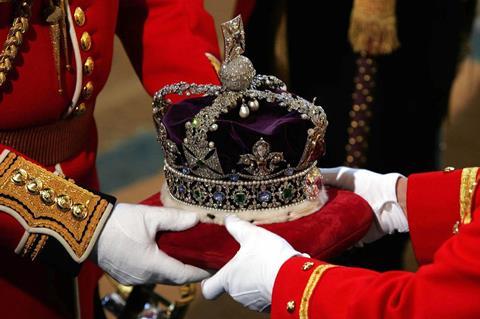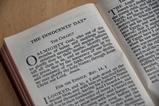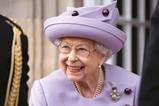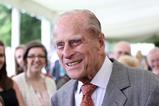
Having an evangelist’s heart has made me a monarchist. Some 20 years ago, when I went to see the crown jewels in the Tower of London, I was reduced to tears when I saw the significance given to the cross. That realisation prompted me to examine the coronation ceremony and to listen more carefully to the late Queen’s broadcasts, especially when she talked about Jesus.
The whole coronation ceremony mimics the anointing of Hebrew kings and points to that heavenly kingdom when a great multitude from every nation, tribe, people and language will stand before God’s throne (Revelation 7:9). It is full of scripture and prayers, which, with some explanation and translation from 16th century language, can point people beyond the pomp and pageantry to the event’s deeper significance.
It is the place of the cross and the significance of the anointing in the coronation ceremony that have made me a monarchist, although I would want everyone to know that God anoints each of his followers with his Holy Spirit, equipping us to serve him.
I recognise that the modern media have made a soap opera of the monarchy. Its members are flawed people, just like us, and we have had good and bad kings and queens. Not all the royals have shown devotion to duty, but they are able to unite the nation in a way that politicians can’t.
I note, however, that King Charles’ coronation emblem has replaced the cross with a rose over the crown. The cross is also virtually absent from the coronation invitation, which gives more prominence to the Green Man, considered by some to be a pagan symbol. If this indicates the direction of travel and the coronation loses its sacred Christian emphasis, I will cease to be a monarchist.






































No comments yet